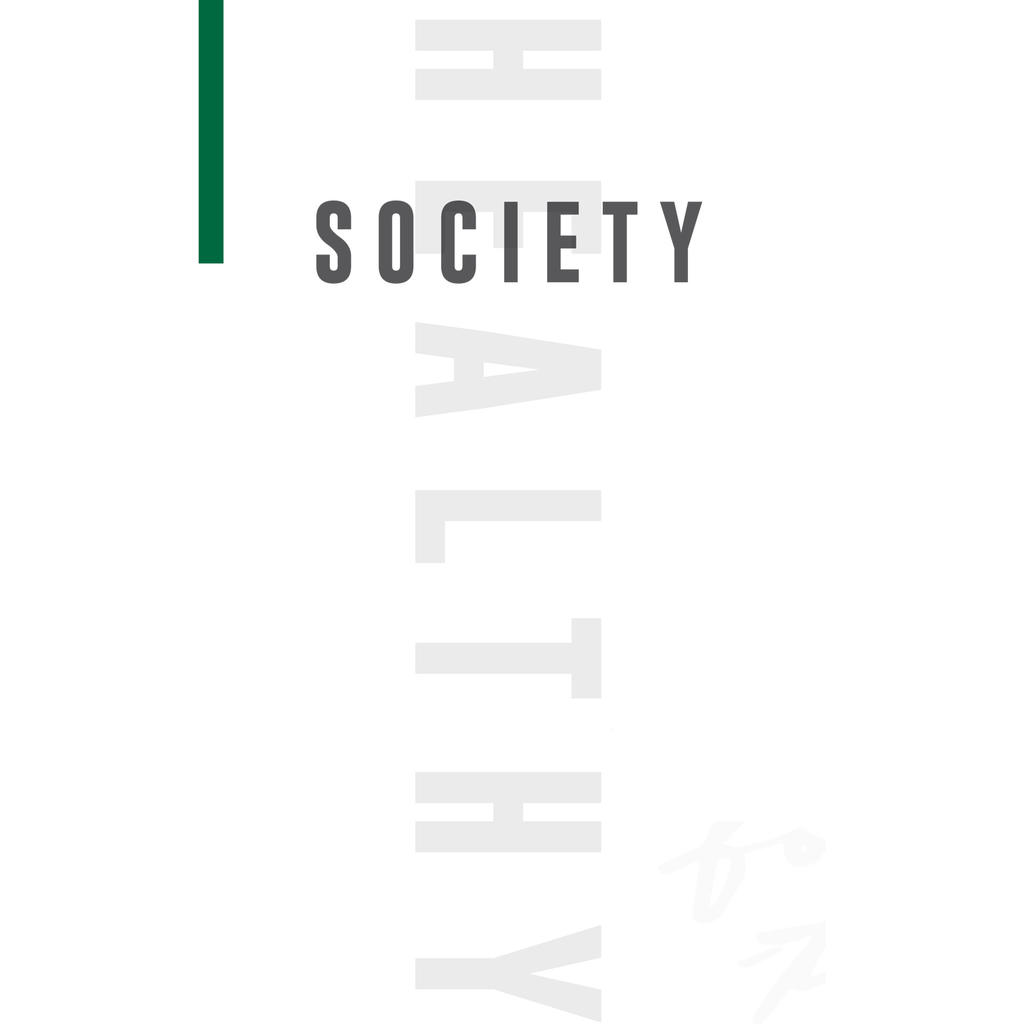
—
One of the great challenges facing our country is the transition to a fully multicultural United States of America. By mid-century, our nation will be without an ethnic majority. At Mason, we are already there, and we have no racial disparities when it comes to graduation rates. Diversity is our strength, which makes Mason uniquely qualified to lead during this time.
Virginia is not just the cradle of America’s democracy—it is the cradle of the nation’s higher education, and Mason takes its role of educating tomorrow’s leaders seriously. The environment we’ve created at Mason over decades encourages our community to tackle matters of social justice and racial equity head-on and to have those difficult conversations, beginning with legacy and the statue of our namesake, George Mason IV.
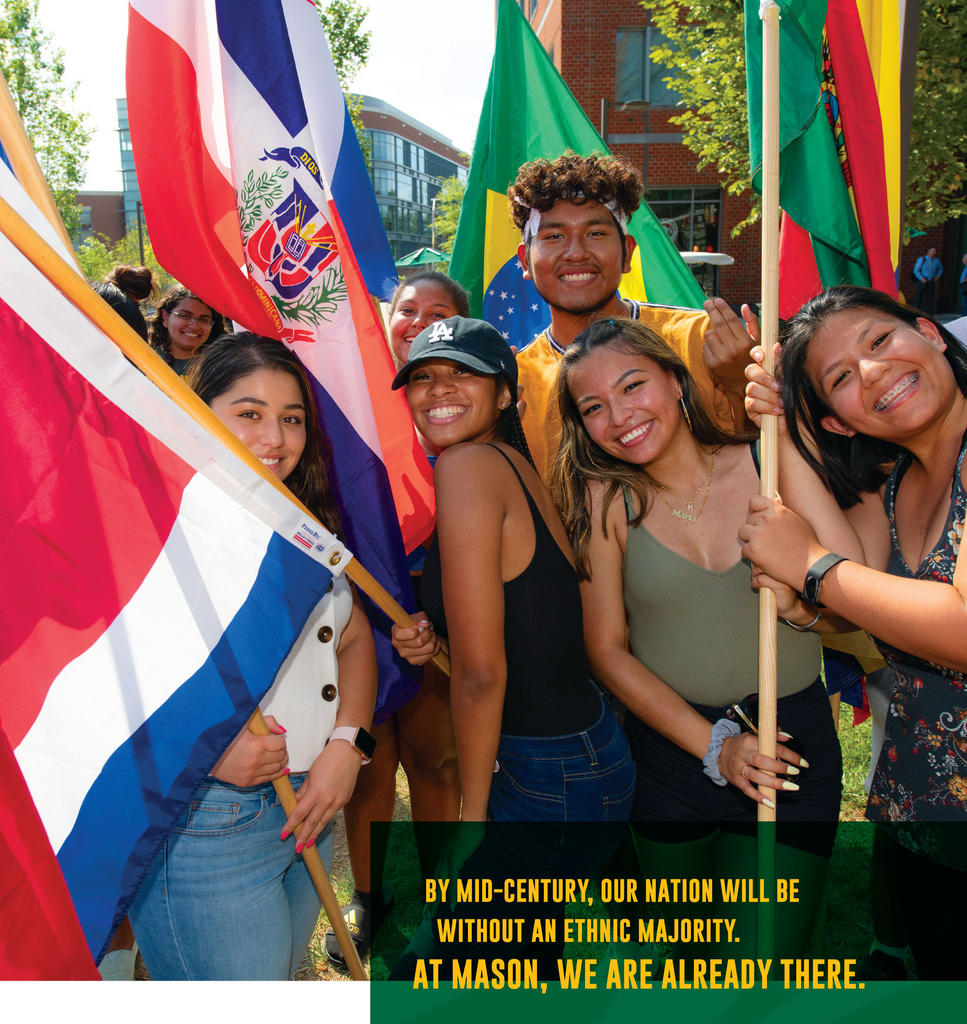

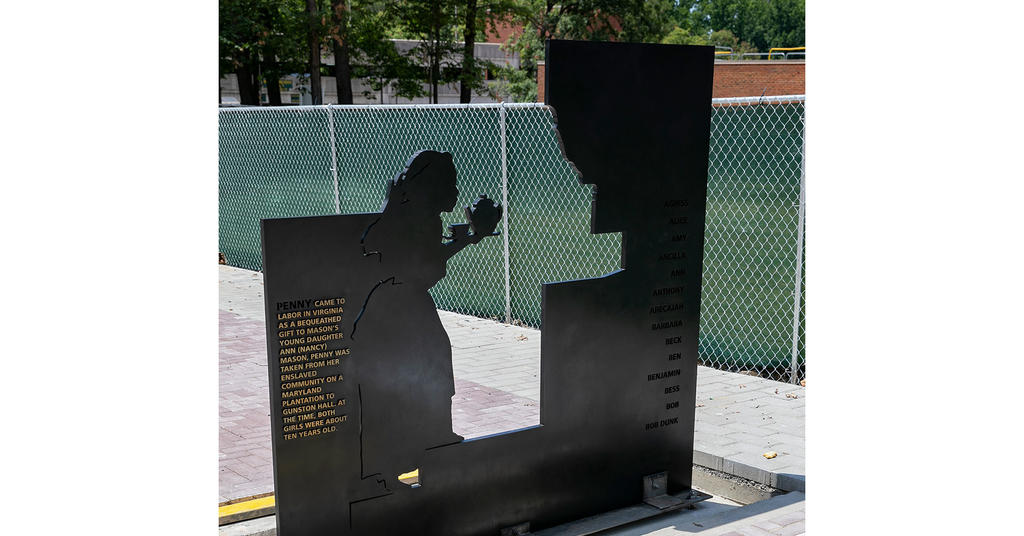
A PENNY FOR YOUR THOUGHTS
Anchored by a new fountain and the iconic George Mason statue, Wilkins Plaza on the Fairfax Campus also includes the Enslaved People of George Mason Memorial, which features the intertwined narratives of two enslaved individuals at Gunston Hall: George Mason IV’s manservant James and a 10-year-old girl named Penny. The memorial places the hidden voices of the enslaved in dialogue with the traditional voice of George Mason, while creating a space for students and others to reflect and share their own voices. Four quotes chosen for the base of the statue help illustrate Mason’s complex role in American history as a man who was both the author of the Virginia Declaration of Rights and a slaveholder.
The plaza, named for the late Roger Wilkins, the Pulitzer Prize-winning journalist and Robinson Professor of History and American Culture at Mason, was designed by landscape architects Perkins&Will in association with a team of Mason faculty, staff, and students and highlights some of the work being done at the Center for Mason Legacies. The center’s mission is to preserve and examine the legacy of George Mason IV, his ancestors and heirs, and the people he enslaved.
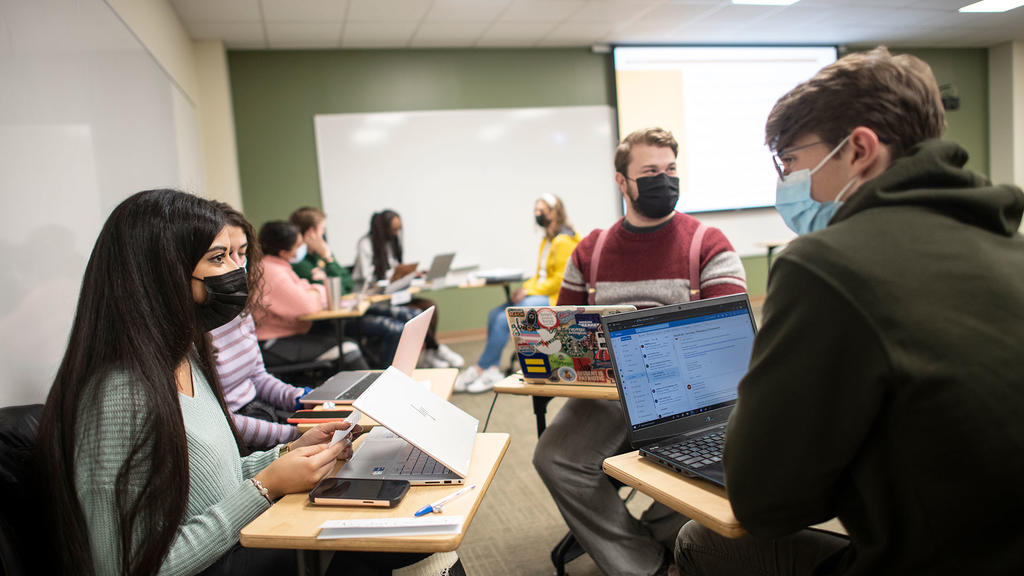
ROUTING OUT RACISM
In July 2020, Mason president Gregory Washington established the Anti-Racism and Inclusive Excellence (ARIE) Task Force, where groups of faculty, staff, and students engaged in conversation and made recommendations around such topics as university policies and community engagement. One of the recommendations coming out of the task force was a response to student requests for a course related to racism, diversity, and inclusion. Mason created a new course, Foundations for Building a Just Society, which provides students with a foundation for understanding race, ethnicity, gender, and social class and the opportunity to engage with these complex issues. According to community health major Sarah Osman, the course helped her understand how her own implicit biases have a strong impact on how she views others, their situations, and their behaviors.
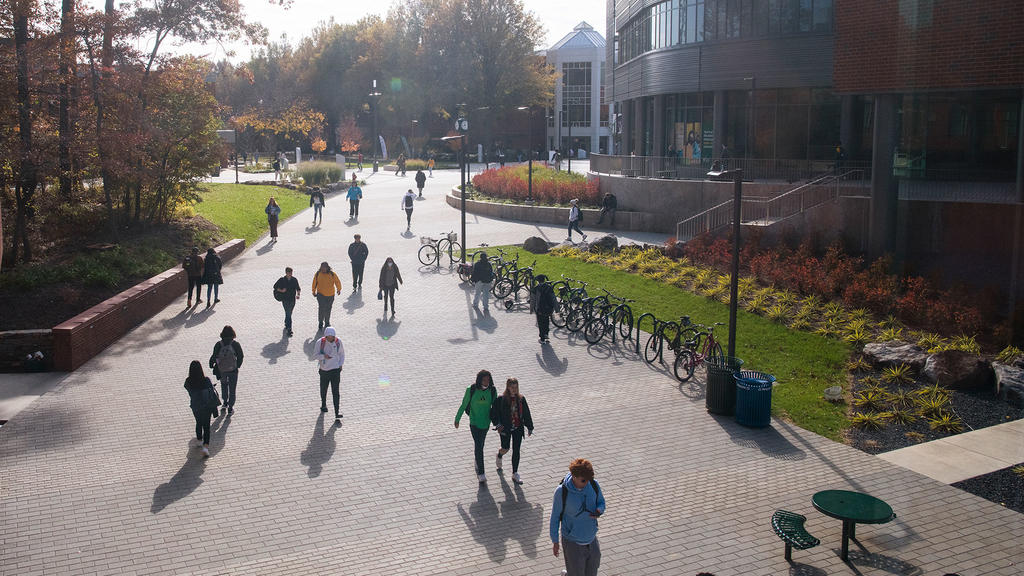
Like many organizations, Mason has developed a land acknowledgement statement that recognizes the Virginia tribes and its indigenous people who once lived on the land the campuses now occupy. Mason professor Gabrielle Tayac, a member of the Piscataway Indian Nation, led the team that created the statement, which was presented at President Washington’s Investiture in October.
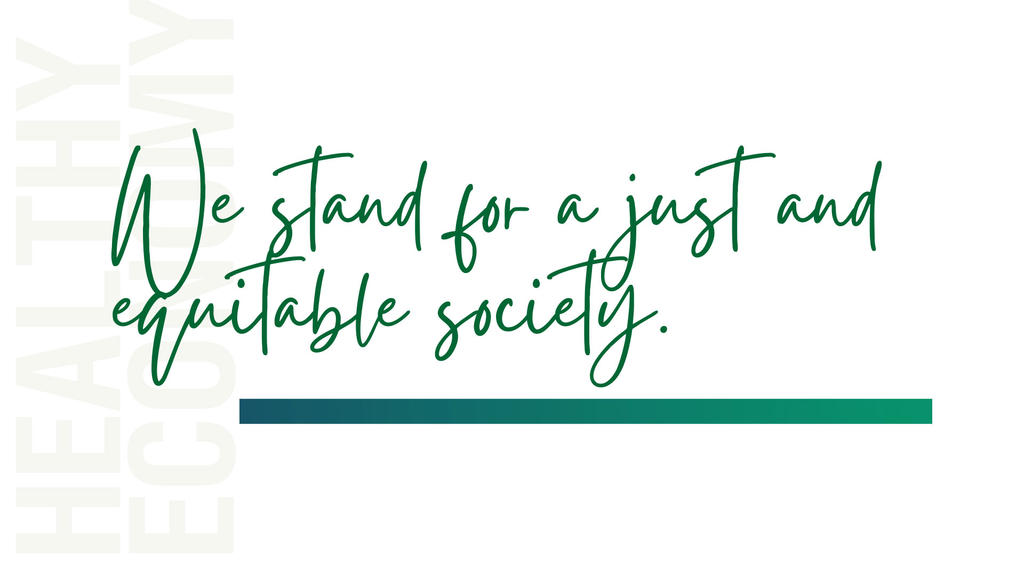
CREATING A SAFE SPACE FOR EXILED SCHOLARS
As a member of the University in Exile Consortium, Mason is hosting its second endangered scholar. Media studies scholar and journalist Anton Liagusha grew up and worked in eastern Ukraine and has witnessed the impact of Russian disinformation on this country. His life was threatened when he helped organize protests after Russian-backed separatists invaded eastern Ukraine. He studies how media shape the public sphere of politics and culture, focusing on fake news, disinformation, and propaganda.
AT THE INTERSECTION OF RACE AND POLITICS
At the Schar School of Policy and Government’s new Race, Politics, and Policy Center, an interdisciplinary community of scholars, students, and practitioners collaborate on work at the intersection of race, politics, and public policy. In addition to addressing the pressing issues of our time, the center’s activities enhance the student experience, enlighten public discourse, inspire civic engagement, and ultimately contribute to the national conversation.
“This is an opportunity to engage the academic community and the broader public in critical discussions on issues of race, politics, and policy,” says Schar School Dean Mark J. Rozell. “If we are to be responsible publicly engaged intellectuals, we have to take on these difficult issues head on.”
ARTS CREATE COMMUNITY
Mason believes that the arts create community. The Mason Artist-in-Residence program connects artists appearing at the Center for the Arts and the Hylton Performing Arts Center with on- and off-campus communities in a variety of activities created to engage and inspire diverse audiences of all ages, including students in the College of Visual and Performing Arts. During their fall 2021 residency, Sphinx Virtuosi, the dynamic self-conducting chamber orchestra of top Black and Hispanic musicians, worked with music students in Fairfax County Public Schools.
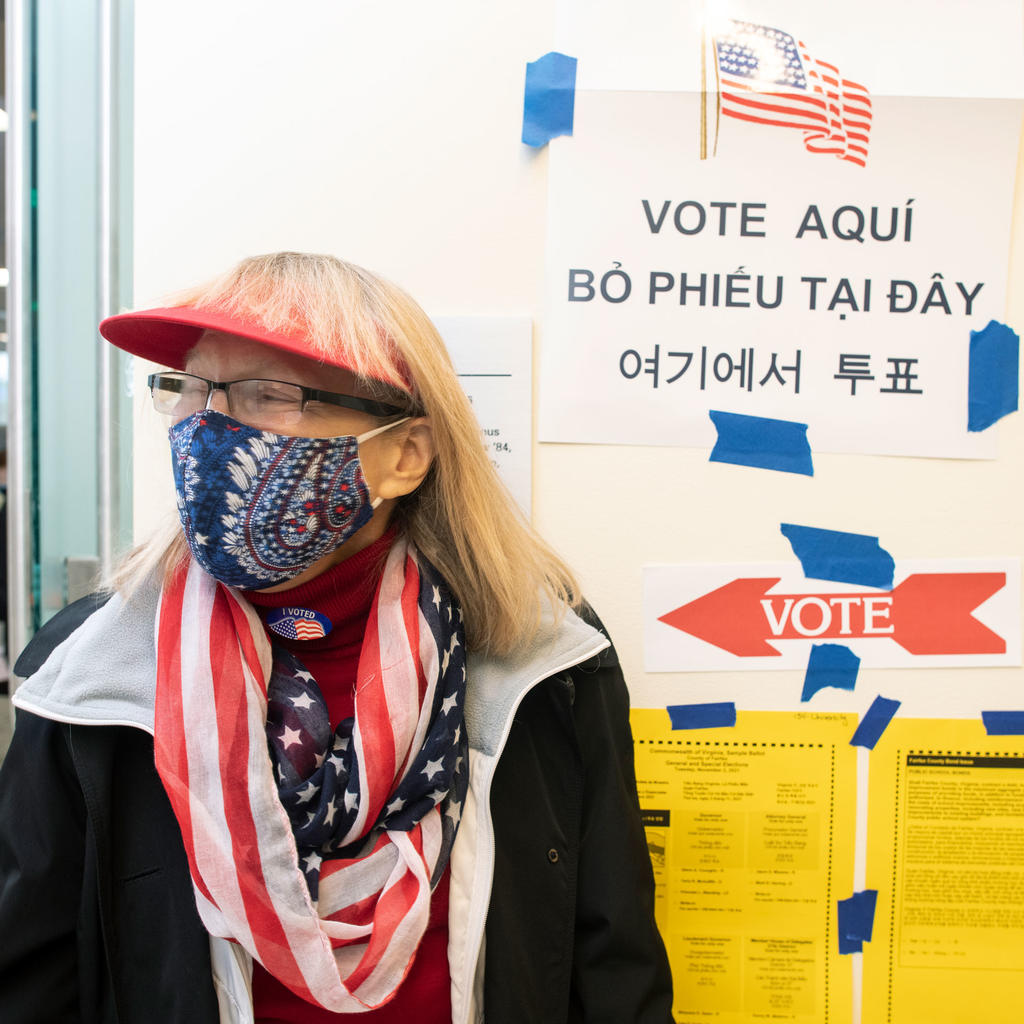
STUDENTS AS ENGAGED PARTICIPANTS IN DEMOCRACY
As the result of a student-led campuswide strategy to increase voter turnout, Mason was named a “Voter Friendly Campus” in 2021. Mason is one of more than 231 colleges and universities across 37 states and the District of Columbia to earn this designation. Given that the Fairfax Campus is a polling place, Mason is a bit unique when it comes to voting. Our students living and registered on campus can vote right at the University Precinct in Merten Hall, which is in the 11th Congressional District.
